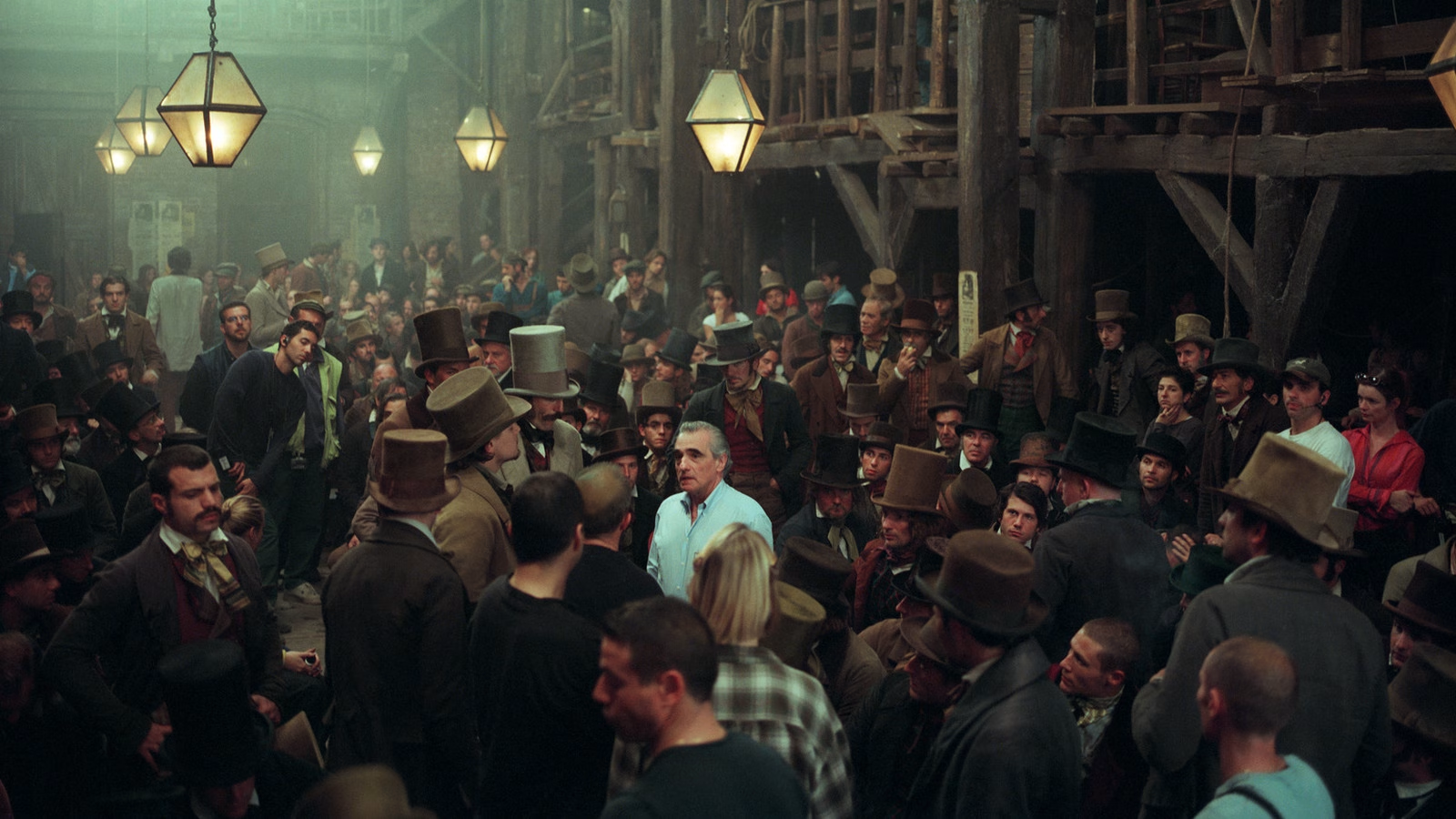Saying something new about Martin Scorsese is no easy task. In his early eighties, he’s still making films, still taking risks, still defending cinema like a faith. Directed by Rebecca Miller, the Apple TV+ documentary series Mr. Scorsese centers this passion and obsession, serving as both a tribute to the director and a bittersweet farewell.
Miller doesn’t try to dissect Scorsese—because he’s not a character to unravel but a passion to experience. The camera follows him relentlessly, capturing a man who speaks with his hands, swallows sentences in haste, and sees cinema as an almost medical necessity.
A Story That Begins at a Child’s Window
The documentary feels less like a conventional biography and more like a quiet journey into Scorsese’s childhood. It all starts in the sweltering Bronx summers, where an asthmatic boy found refuge in the cool darkness of movie theaters. “That’s why I love high angles,” Scorsese says. “As a kid, I was always looking down from the window.”
With this, Miller responds with a montage of his films: Taxi Driver, Goodfellas, Mean Streets… That boy is still there, only now he has a camera.
Spike Lee’s brief, joyful comment in the documentary is both humorous and poignant:
“Thank God he had asthma!”
Chronicling a Filmography Across Decades
Mr. Scorsese traces the director’s filmography linearly, but each episode feels like a crossroad. His student years at NYU, the advice from Cassavetes to “make films for yourself,” the raw breakthrough of Mean Streets, the physically and spiritually grueling production of Raging Bull… Each era circles back to one question: What would cinema be without him?
De Niro’s quiet yet profound contribution blends with DiCaprio’s vibrant energy. The documentary conveys how these two actors form distinct veins in Scorsese’s work: one introspective, shadowed by guilt and faith; the other bright, modern, representing a reborn Scorsese.
Some films, like After Hours, are mentioned only briefly, but the narrative always returns to the question: “Why is this man still making films?” The answer is clear: for him, it’s like breathing.
Cinema Within a Life, a Life Within Cinema
Throughout the documentary, legendary collaborators—editor Thelma Schoonmaker, De Niro, DiCaprio, even his daughters—share their stories. Yet every narrative converges on one point: a man trying to understand himself, not just his films.
Miller’s camera knows this man is still looking out that childhood window. But the world outside has changed; New York is no longer that New York. Still, Scorsese’s camera searches for the same thing: humanity’s struggle with darkness.
A Tribute, a Reminder
Mr. Scorsese doesn’t aim to reveal new facts but to rekindle a feeling: the pure awe of cinema. The series is at times funny, at times melancholic. Yet in every moment, it conveys that we’re witnessing one of cinema’s most human directors.
Rebecca Miller’s storytelling is delicate, and Scorsese’s voice remains youthful, passionate. Every “cut” he calls feels like it comes not from a film set but from the depths of his heart.
Apartment No: 26 Note
Mr. Scorsese is more than a documentary—it’s like a letter, giving everyone who loves cinema a chance to say “thank you” one more time. Rebecca Miller doesn’t just tell the story of a legend—she creates a time capsule of his breath, obsession, humor, and faith. Like Scorsese’s cinema: honest, vibrant, and deeply human.
Streaming on Apple TV+ from October 17.














